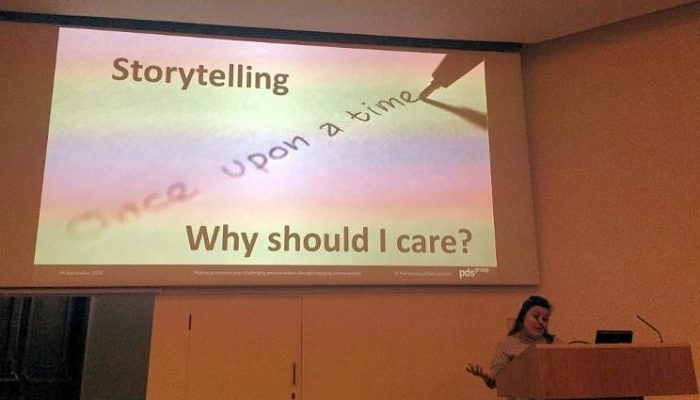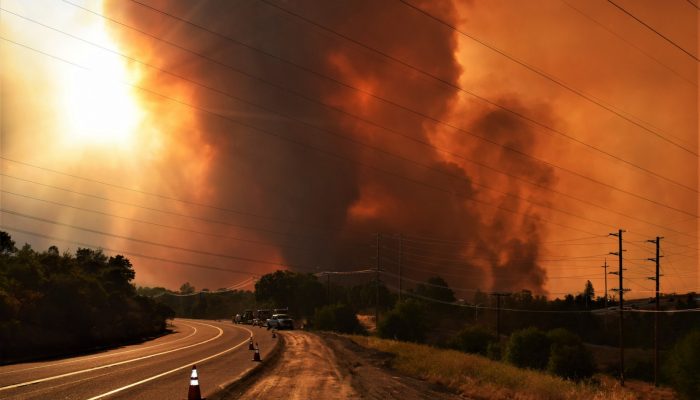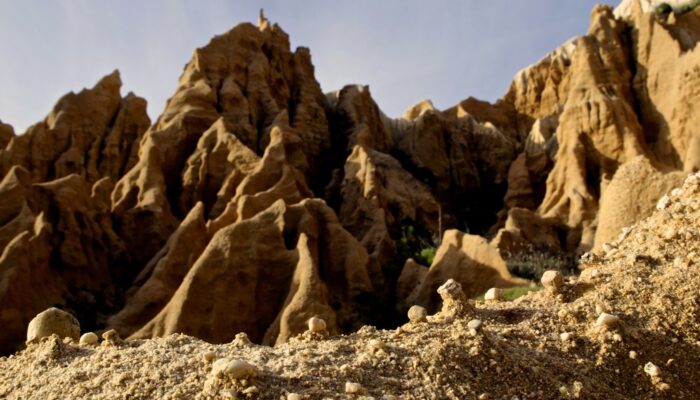From the highest reaches of the atmosphere to the deepest caverns below, the geosciences is a fascinating field dedicated to understanding just how the Earth (and other worlds) tick. But to many people, the Earth, planetary and space sciences are far from interesting or important. So how can geoscientists share their enthusiasm with the public? Catherine Pennington, an engineering geologist and sc ...[Read More]
Geology is boring, right? What?! NO! Why scientists should communicate geoscience




